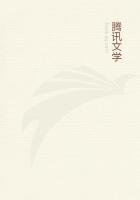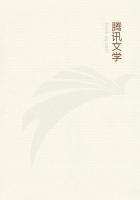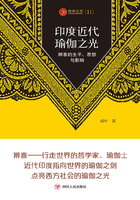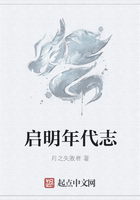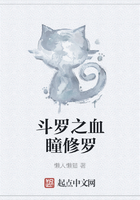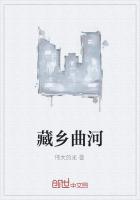One striking peculiarity of the Spaniards is the respect they have always shown for everything relating to royalty, whether they regard it as legitimate or not. When King Joseph left Madrid the palace was closed, and the government established itself in a passably good building which had been used as the post-office. From this time no one entered the palace except the servants, who had orders to clean it from time to time;
not a piece of furniture even, not a book, was moved. The portrait of Napoleon on Mont St. Bernard, David's masterpiece, remained hanging in the grand reception hall, and the queen's portrait opposite, exactly as the king had placed them; and even the cellars were religiously respected. The apartments of King Charles had also remained untouched, and not one of the watches in his immense collection had been removed.
The act of clemency which his Majesty showed toward the Marquis of Saint-
Simon, a grandee of Spain, marked in an especial manner the entrance of the French troops into Madrid. The Marquis of Saint-Simon, a French emigrant, had been in the service of Spain since the emigration, and had the command of a part of the capital. The post which he defended was exactly in front of that which the Emperor commanded at the gates of Madrid, and he had held out long after all the other leaders had surrendered.
The Emperor, impatient at being so long withstood at this point, gave orders to make a still more vigorous charge; and in this the marquis was taken prisoner. In his extreme anger the Emperor sent him to be tried before a military commission, who ordered him to be shot; and this order was on the point of being executed, when Mademoiselle de Saint-Simon, a charming young person, threw herself at his Majesty's feet, and her father's pardon was quickly granted.
The king immediately re-entered his capital; and with him returned the noble families of Madrid, who had withdrawn from the stirring scenes enacted at the center of the insurrection; and soon balls, fetes, festivities, and plays were resumed as of yore.
The Emperor left Champ-Martin on the 22d of December, and directed his march towards Astorga, with the intention of meeting the English, who had just landed at Corunna; but dispatches sent to Astorga by a courier from Paris decided him to return to France, and he consequently gave orders to set out for Valladolid.
We found the road from Benavente to Astorga covered with corpses, slain horses, artillery carriages, and broken wagons, and at every step met detachments of soldiers with torn clothing, without shoes, and, indeed, in a most deplorable condition. These unfortunates were all fleeing towards Astorga, which they regarded as a port of safety, but which soon could not contain them all. It was terrible weather, the snow falling so fast that it was almost blinding; and, added to this, I was ill, and suffered greatly during this painful journey.
The Emperor while at Tordesillas had established his headquarters in the buildings outside the convent of Saint-Claire, and the abbess of this convent was presented to his Majesty. She was then more than sixty-five years old, and from the age of ten years back never left this place. Her intelligent and refined conversation made a most agreeable impression on the Emperor, who inquired what were her wishes, and granted each one.
We arrived at Valladolid the 6th of January, 1809, and found it in a state of great disorder. Two or three days after our arrival, a cavalry officer was assassinated by Dominican monks; and as Hubert, one of our comrades, was passing in the evening through a secluded street, three men threw themselves on him and wounded him severely; and he would doubtless have been killed if the grenadiers of the guard had not hastened to his assistance, and delivered him from their hands. It was the monks again.
At length the Emperor, much incensed, gave orders that the convent of the Dominicans should be searched; and in a well was found the corpse of the aforesaid officer, in the midst of a considerable mass of bones, and the convent was immediately suppressed by his Majesty's orders; he even thought at one time of issuing the same rigorous orders against all the convents of the city. He took time for reflection, however, and contented himself by appointing an audience, at which all the monks of Valladolid were to appear before him. On the appointed day they came;

